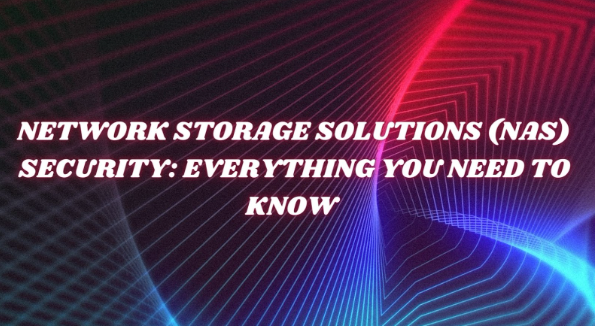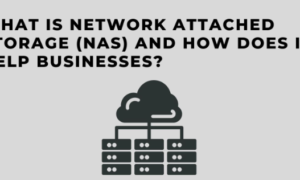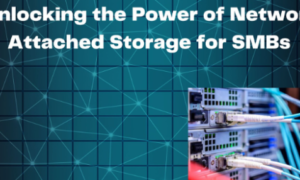Introduction:
As organizations continue to become increasingly dependent on technology, it’s critical that organizations understand the importance of network storage solutions (NAS). NAS is a secure way of storing and managing data in an organization. It allows for real-time access to data without having to be connected to a physical server. In this blog post, we’ll discuss what NAS is, the benefits of using a NAS, and the different types of NAS devices available.
What is a NAS and How Does it Work?
A Network Attached Storage (NAS) unit is a device used for storing data in an organization. It’s similar to a file server but with the added benefit of being able to access data from anywhere in the world. The device itself can be connected directly to a router or through an Ethernet cable. All you need is an internet connection and you can access your data from wherever you are. The device itself also has built-in security features such as encryption and authentication which help protect your data from unauthorized access.
The Benefits of Using a NAS
Using a Network Storage solutions offers many benefits including time savings since users don’t have to wait for files to upload or download when accessing them remotely. Additionally, it eliminates the need for additional hardware like servers which saves money in addition to energy costs associated with running multiple machines. Finally, it provides increased security as all your data is stored securely on one device rather than being dispersed across multiple hard drives located in various locations.
The Different Types of NAS Devices
There are several different types of NAS solutions devices available depending on the type and size of your organization. For small businesses, there are basic models that offer up to four bays which allow for up to 8TB of storage space per bay. These models are perfect for smaller organizations that need basic storage capabilities but don’t require large amounts of space or advanced features like replication or RAID support. For larger companies, enterprise-level models offer up to 16 bays allowing for up to 128TB of storage space per bay and come with advanced features like replication and RAID support as well as redundant power supplies which provide greater reliability and uptime compared with basic models.
Conclusion:
Network Attached Storage (NAS) devices are an essential component of any organization’s IT infrastructure because they provide secure access and management of critical data while eliminating the need for additional hardware such as servers which can save time and money in both energy costs and maintenance fees. Whether you’re looking for basic storage capabilities or more advanced features like replication or RAID support, there’s sure to be a model available that meets your needs perfectly! With so many options out there, it’s important that you do your research before making any decisions so you can make sure you’re investing in the right solution for your business’ needs for more information contact stonefly!















































